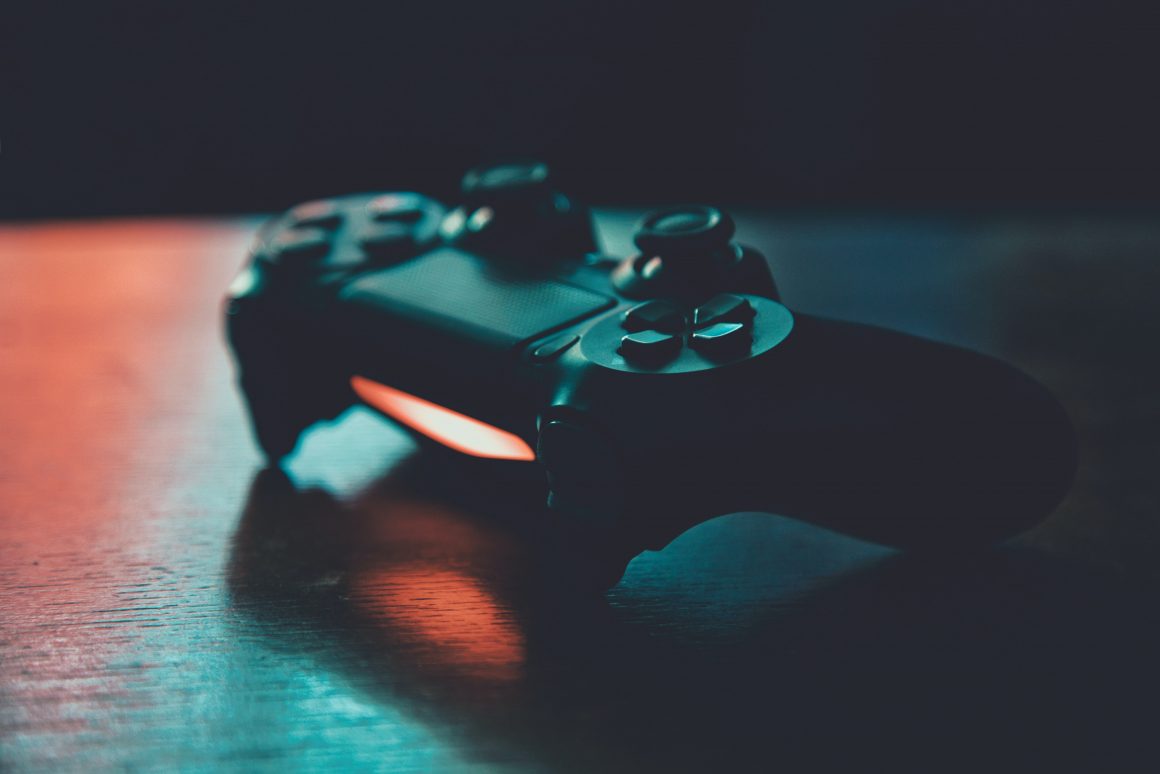
Worth Your Time? Final Fantasy: Every game ranked from worst to best — Volume 1
By Nicholas Cervania, August 11, 2021 —
The terms Final Fantasy, Squaresoft and Square Enix have essentially become synonymous with Japanese role-playing games (JRPGs). Since 1987, the Final Fantasy series has been the genre-defining hallmark of JRPGs.
In this article, I wanted to talk about each mainline Final Fantasy game, from worst to best, and how they all compare to each other.
Before starting, it’s important to note that this is by no means an exhaustive or objective look into this series. Games are a complex medium. Unlike books or movies, they have an extra layer of complexity added to them — interactivity. This leaves much more room for subjectivity than anything else.
Final Fantasy VIII
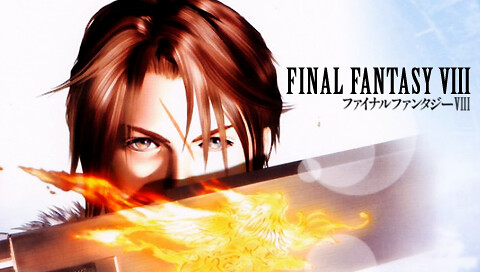
Initially released in 1999, Final Fantasy VIII had the difficult task of following Final Fantasy VII. The story stars Squall Leonhart, a young, brooding and edgy mercenary leading a team to stop an evil sorceress who aims to compress all of time into a single moment.
In terms of design, it feels like almost every aspect of the game is designed against the player. For instance, Final Fantasy VIII features a level-scaling system, which means that as your party levels up, the enemies grow stronger as well. However, the strength that enemies possess as you level up is accelerated much faster than your own. This means that the higher your party is, the more unfair battles become. On paper, this is an interesting concept, as it forces the player to minimize weaknesses and maximize strength without having to rely on levels alone. In practice however, this system forces the player to avoid combat altogether. Battling doesn’t yield money either, so there wouldn’t be anything you’d miss out on by running away from every encounter. Combat is half the content of these games and in Final Fantasy VIII, there is almost no incentive to battle.
The story is also pretty bad. Most of the characters are one-note and insufferable, nobody has any real motivations and the plot is a confusing and jumbled mess. That being said, I actually really liked Laguna, the secondary protagonist you get to play as in some sections. His fun, carefree attitude was a breath of fresh air compared to the insufferable Squall, and I kind of wish the game had him as the main protagonist instead.
Arguably, the only redeeming aspect of this game is the use of “Eyes on Me,” a beautiful Japanese pop song by Faye Wong that’s used to frame the love story between the main characters, Squall and Rinoa. Squall and Rinoa’s developing relationship is the main focus of the game — it’s even featured as the main logo for this game — and “Eyes on Me” does an excellent job of highlighting this relationship, weaving the theme into countless arrangements throughout the game’s soundtrack. The choice to use pop music within these games was so effective that every single Final Fantasy game that followed VIII used one as well. “Eyes on Me” won Song of the Year at the 14th Annual Gold Disc Awards — the first song in video game history to ever do so.
Final Fantasy XII
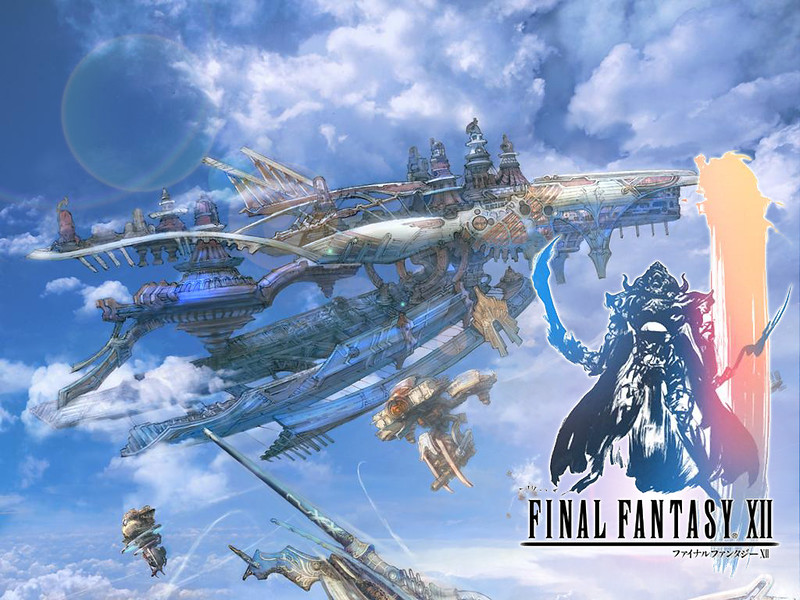
I’m sure most people will disagree with me on the placement of this game. Final Fantasy XII is looked upon very favourably within the JRPG community.
Final Fantasy XII follows the story of a rag-tag group of warriors trying to prevent a war between two nations. Vaan and Penelo, two orphans, team up with sky pirates Balthier and Fran, along with Ashe, princess of the nation, and Basch, a disgraced knight who has been framed for treason.
One of the biggest problems I had with the game’s story was its lack of energy and narrative focus. For instance, the game opens up with Vaan as the protagonist, but he doesn’t actually affect the plot in any meaningful way. He and Penelo constantly say that they’re just along for the ride. There’s a way to insert an everyman in a story to have someone the audience can project onto while still having the character possess some level of narrative urgency. I think if the game had Princess Ashe as the main focus, the story would have been much better since her character is clearly the most important to the overall narrative. Each character is unique and has interesting ideas behind them and I felt like they were wasted in a story that didn’t know how to use them.
Combat in the game is done with the “gambit” system. This essentially allows you to program the behaviors of your party members and define what they do during combat. Conceptually, this is a pretty cool idea as it was the first single-player game in the series not to feature turn-based combat. It allowed the series to retain its tactical battle system while transitioning audiences to combat styles they were more familiar with. Its execution, however, basically amounts to the game-playing itself. For most battles, I found that I was able to put the controller down and watch myself win. Even while I had control, battles still took an excruciatingly long amount of time. Thankfully, the Zodiac Age remaster for modern consoles features a fast-forward function.
Final Fantasy XIII
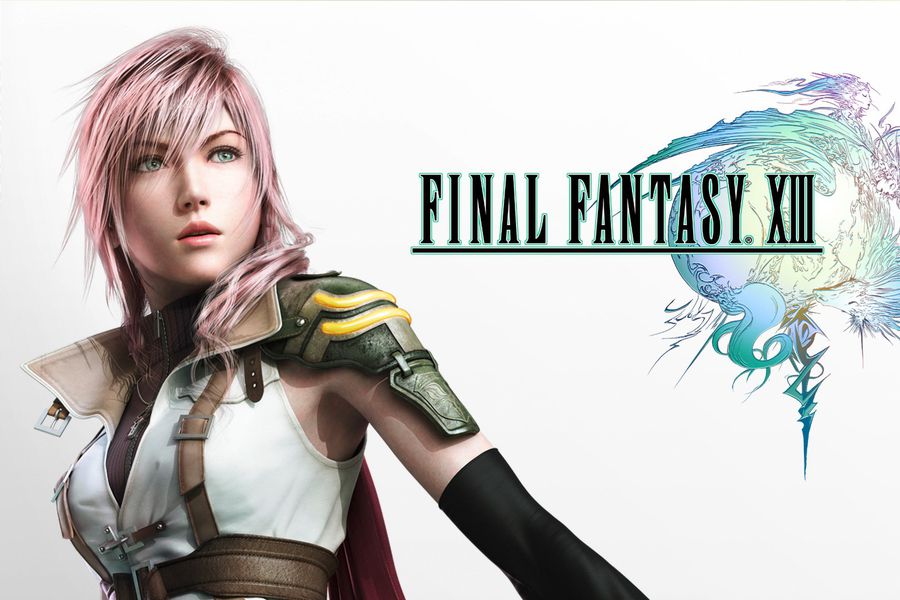
Final Fantasy XIII is known not only for being one of the worst Final Fantasy games, but also for being one of the worst games of all time. Personally, I understood why people didn’t like it, but I do think it’s a lot better than people give it credit for.
One of the most common complaints about this game is its linearity. However, I don’t think this is inherently a bad characteristic and as we’ll see, linearity and excellence are not mutually exclusive concepts. While Final Fantasy XIII does eventually open up and get better, it takes the length of an entire game to get there.
The most appalling aspect of this game is the storytelling. For starters, the game has little to no exposition — almost nothing is explained to the player through the narrative. The characters, terms, backstory and worldbuilding are all explained through the “datalog,” which is essentially a glossary you need to read thoroughly to understand the story. A good story should weave exposition into the narrative, not hand the viewer a dictionary on their way in.
In terms of combat, the game uses “paradigms” to define the behavior and available actions for each character. Similar to the combat in the recently released Final Fantasy VII: Remake, Final Fantasy XIII’s combat uses an adaptation of the active-time-battle (ATB) system. As battles go on, a gauge fills up that allows the character to do certain actions. While an interesting system for this game, it gets annoying and repetitive very quickly.
Final Fantasy II
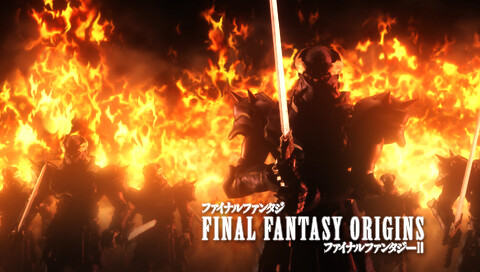
Originally released in 1988, western audiences didn’t see this title until 2003 when the game was remastered and included in Final Fantasy Origins on the Playstation.
The story of this game centers around three warriors as they join the rebellion against the empire and fight to retake their nation. For the first time in the series, the protagonists had names and a predefined character. However, while they had backstories and relationships, they were still largely a blank slate. Rarely did the main cast drive the plot in any way.
The quality of the music also varies largely, with some songs being memorable and reused in later entries in the series, while other songs are grating and repetitive. Moreover, the dungeon design is probably the worst in the series. In a well-designed RPG, taking time to veer off the main path will usually net some kind of treasure, rewarding the player for their exploration. In Final Fantasy II, most dungeons are a straight path where the branching paths lead to immediate dead-ends — especially in cases where the game places you in the center of a large, empty room with an egregiously high encounter rate for random battles.
In Final Fantasy II’s battle system, each stat levels up individually, as well as with the level of proficiency with each weapon type and spell. Ideally, this would allow players to create their own builds, leading to a customizable and replayable experience. Instead, the result is a lot of grinding and abusing the system in order to take advantage of the poorly implemented idea. For example, since increasing your hit points stat is based on the amount of damage you take in battle, a popular strategy is to enter battle and attack yourself. After a few hours of this, you should be strong enough to go through the rest of the game without having to grind for experience. This is clearly not a well-balanced or well-designed RPG.
Final Fantasy XI
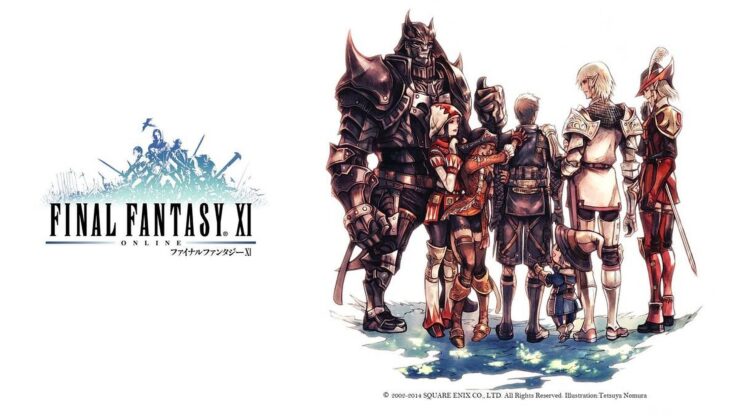
Final Fantasy XI was released in 2002 and was the first massively-multiplayer online role-playing game (MMORPG) in the series. Surprisingly, the game is still available for online play today, almost 20 years later.
To me, the biggest problem with Final Fantasy XI is its age. To even play it, you have to download an old, ‘90s-style launcher. The game also requires a lot of configuration to play on modern systems, none of which can be modified through the in-game options. On a technical level, Final Fantasy XI is still stuck two decades in the past.
In terms of gameplay, Final Fantasy XI plays a lot like classic MMOs of the late-’90s and early-2000s. Once you encounter and start a battle with an enemy, your character will automatically attack and you have the option to use skills or items. Unfortunately, the game offers little to no instructions on the controls or mechanics — the game contains very few tutorials. Similarly, quests have no waypoints or markers and will often require you to travel to different areas of the world without giving you any sort of directions.
The game was designed for multiple people partying together, so if you’re playing the game solo, you’ll definitely have a difficult time. With the dwindling player base, the game now has what’s called a “trust” system. This allows you to summon non-player characters that fight alongside you in battle, a clever addition that allows players to continue playing the game without relying on others.
With the limited player base and lack of hand-holding, Final Fantasy XI is a difficult game to go back to by today’s standards. However, it’s a great game for when you’re itching for that classic MMORPG experience.
Even when the Final Fantasy series is at its worst, the franchise still manages to create landmarks of gaming history. While the overall impressions of the games I talked about in this article come across as mostly negative, the games that follow are ones that I enjoy much more. The next volume of this duology will focus on the remaining ten games in the Final Fantasy series and will compare how they all stack up against each other.
